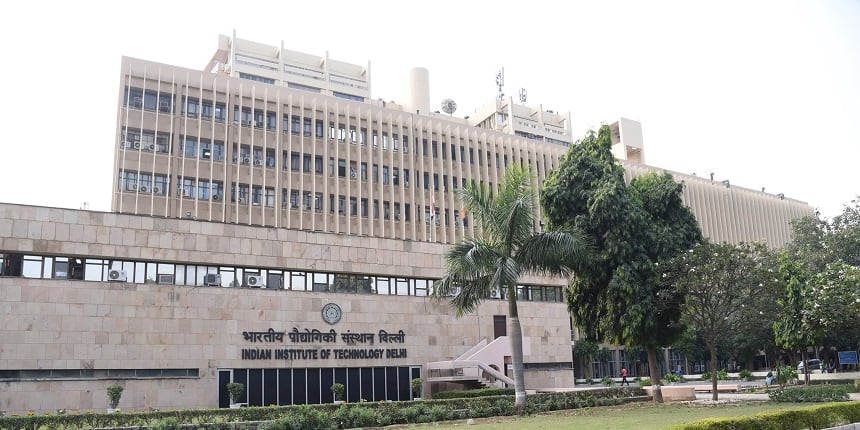Ensure at least next generation is happy
Indian parents pressurise their children to reach heights that were denied to them
Published: 25th September 2021 12:15

For representational purpose. (File Photo | EPS)
By Nanditha Krishna
This year, three children in Tamil Nadu have already committed suicide over NEET.
The results have not yet come out and one child did not even appear for the exam. Anticipating failure, all three (unconnected) committed suicide.
In 2019, one child died by suicide every hour in India. There were 10,335 student suicides that year, the highest number in the last 25 years.
Maharashtra, Madhya Pradesh, Tamil Nadu, Karnataka and Uttar Pradesh, in that order, are the five states with the highest child suicide rates, accounting for more than 44% of the suicides.
Psychologists say depression, drugs, mental health factors and examination pressures are the common reasons for child suicides.
A ban on NEET is not possible because the Supreme Court has passed an order. Many years ago, I knew a young boy, an only child, whose mother told him, from the time he was six, that he had to join IIT.
The child worked hard but the fear of failure made him commit suicide a few days before the entrance exam.
So do we ban the JEE too?
Indian parents pressurise their children to reach heights that were denied to them. I remember that years ago, when I went to pick up my three-year-old son from his playschool, a mother was scolding her child for not writing in class.
“How will you ever join IIT at this rate?” she asked the bewildered three-year old, who had no idea what IIT was.
Engineering colleges were once in great demand, but their proliferation has brought down their value. IIT is a passport to the US, while medicine is an assured, well-paying career, so these are in great demand. No parent worries about aptitude.
The child must fulfil the parent’s obsession. Many years ago, my son got admission to the Department of Chemical Engineering of an eminent university. The day before the fees were to be paid he came and asked my husband and me whether we minded if he did history instead. Not being ambitious parents, we told him to do whatever he wanted. He did history and later completed his Ph.D. in history. So many people berated me for permitting the change, one friend even saying that I did not love my son, for what would he do with history? Well, he is a happy human being, and that matters most.
Examination pressures are exacerbating the mental health of our children. They have to learn by rote and are scared of omitting even a word of teacher-prepared answers. Above that is parental pressure: “I spent so much money on you” or “what will people say if you fail” or “I expect this from you”. The burden is too much. Let us not forget that every student is a child. Some take drugs and slip into happy oblivion, creating social problems. Nobody is talking about drug usage among students. Some run away from home. Others commit suicide.
No other state is opposing NEET. If children from other states can pass the NEET exam, so can the Tamil child. He/she is no less in ability or intelligence. Suicide is most prevalent in government schools where family pressure is very high. Many children are also first-time learners in the family, so the support system is weak. Also, state boards give very high marks, which make a student overestimate his/her ability.
To overcome this, the government must appoint psychologists, backed by psychiatrists, for schools. Children must be screened for aptitude before being permitted to appear for NEET or JEE.
I know of doctors who left to join the IAS or even become musicians. Each was a medical seat wasted. Today the sky is the limit when it comes to the choice of subjects.
Subject options when I was in school were limited—either you did maths-physics-chemistry for engineering college, or chemistry-botany-zoology for medical college, or humanities, to join commerce or arts colleges. But the child has nobody to advise him/her. Parents are inflexible. Teachers dare not oppose the parents. To whom will the child go for help? They must also be told that failure is not an end. Mark Zuckerberg, Steve Jobs and Bill Gates are shining examples.
Every state must improve its educational standards. There could be one “senior” school final (Standard 12) exam equivalent to CBSE for which children with aptitude and ability are coached towards NEET/JEE. Another “high” school final (also Standard 12) could be at a lower level, to accommodate those who are not capable of finishing school at a higher level.
The Standard 10 exam was supposed to do that, but that has failed. Children must not have expectations beyond their ability, nor should they be pushed by schools and parents to achieve somebody else’s dreams. Schools must have constant aptitude tests. Is the child really fit to be a doctor or is the parent’s ambition pushing him?
The only solution is counselling and every government, corporation and private school must have a school counsellor who is qualified with an M.A. in educational psychology. Sadly, few colleges offer educational psychology as a subject.
Society must ensure that the next generation is a happy generation. For this, we need understanding parents. We must teach children optimism, self-discipline and the importance of healthy relationships.
Let them put in their best effort, but not die for perfection. Give children playtime, fun-time and family-time. Discard the useless Standard 10 exam.
Today a child stops playing from the time he/she enters Standard 9. The next four years are only study, study, study and more study.
What a life!
Nanditha Krishna
Historian and environmentalist. She also runs many schools and a college
(nankrishna18@gmail.com)





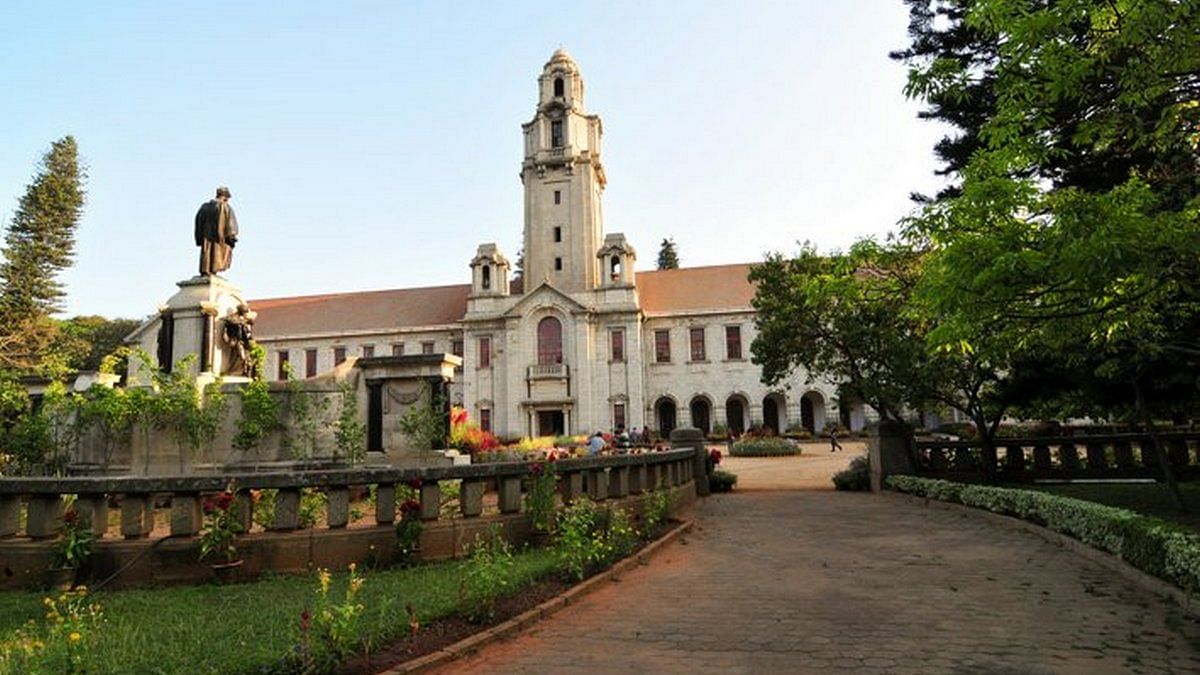 The Indian Institute of Science campus in Bengaluru | Photo: @iiscbangalore
The Indian Institute of Science campus in Bengaluru | Photo: @iiscbangalore


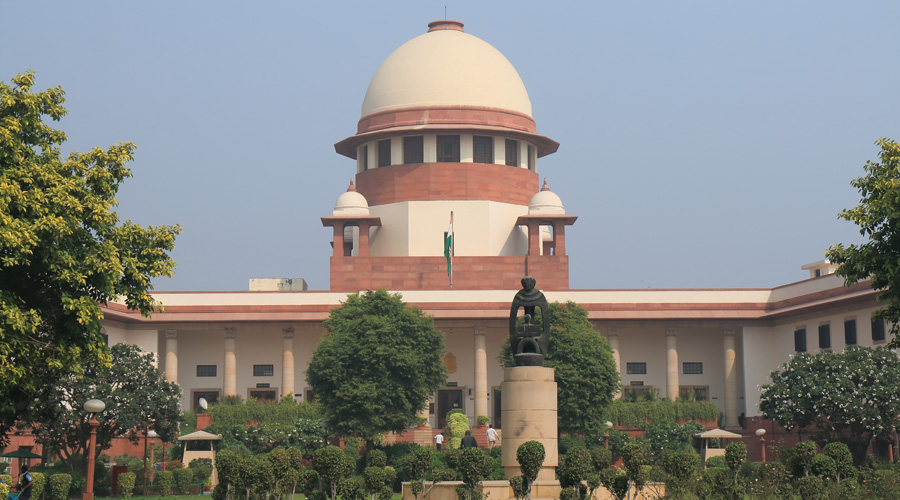

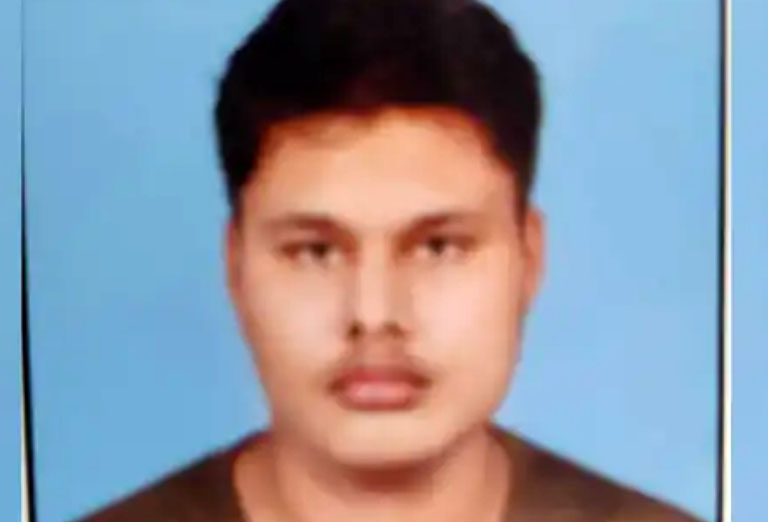





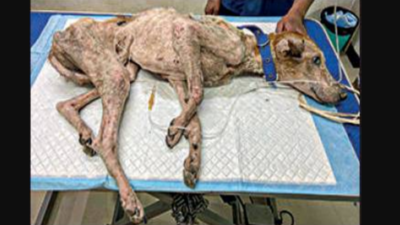


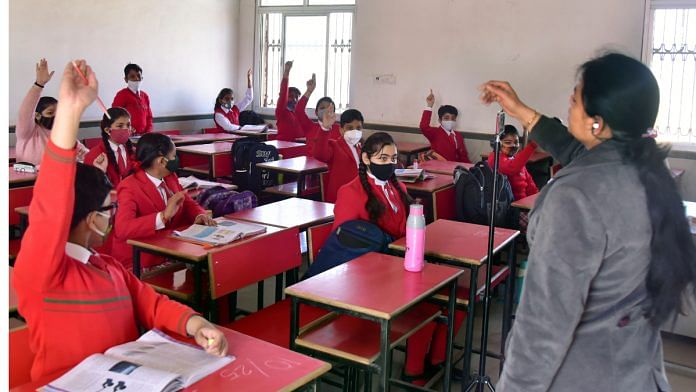
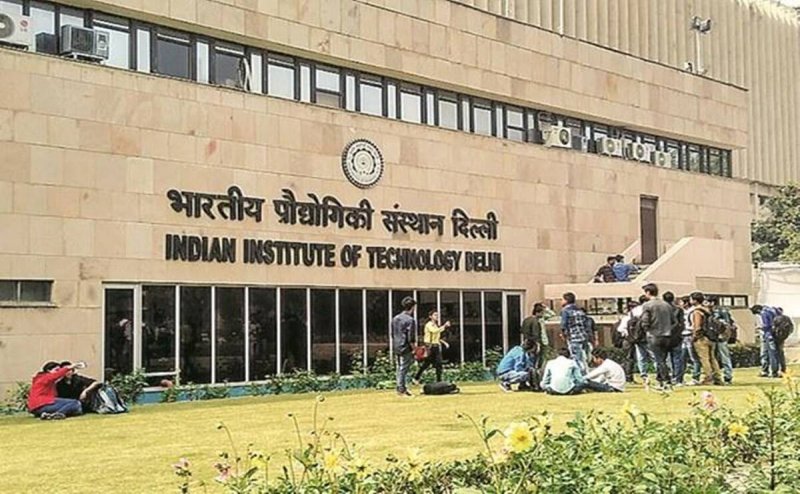
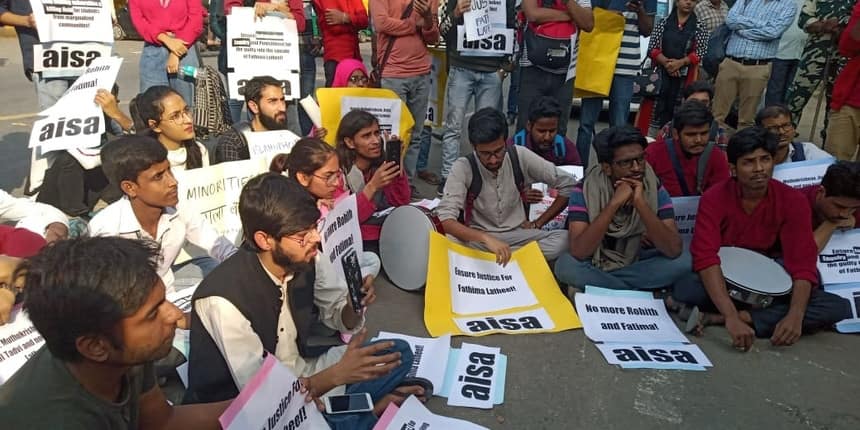
_Rlnlabi.jpg)
